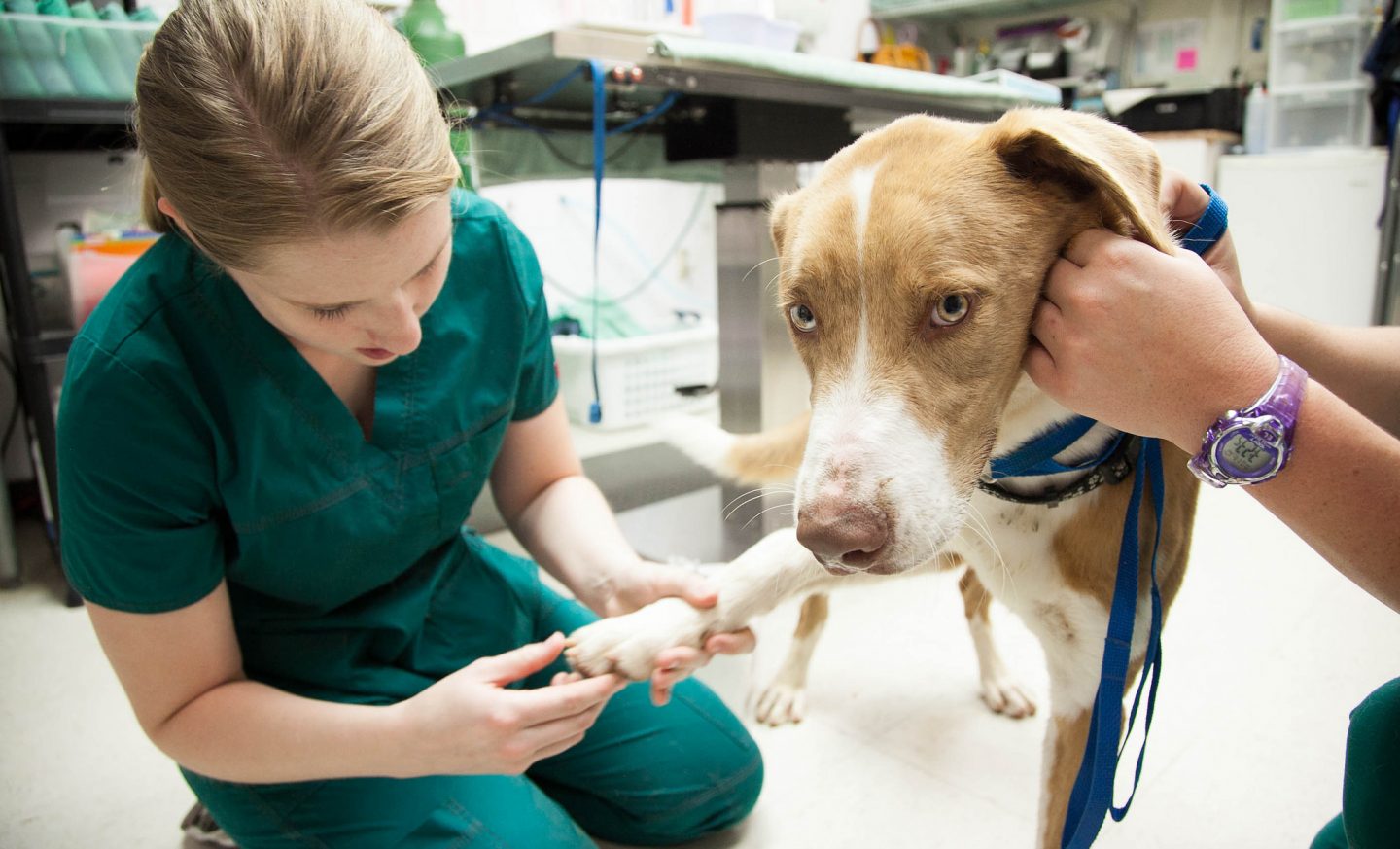
The Royal College of Veterinary Surgeons (RCVS) said earlier this year that there is no evidence to support the use of homeopathic remedies on animals. Supporters and practitioners of homeopathy held a protest to express their outrage at this supposed attack on freedom of choice. The British Association of Homeopathic Veterinary Surgeons (BAHVS) demanded that RCVS retract its statement.
Nevertheless, choosing to treat an animal’s condition with a homeopathic remedy instead of an evidence-based medicine can put the animal’s health and life at risk. There are undoubtedly positive stories out there involving sick pets who benefited from homeopathy, but anecdotes are not forms of reliable evidence. Other factors quite distinct from the claims attached to the homeopathic remedy can explain why the animal’s health improved.
Putting Homeopathy Into Perspective
Ben Goldacre, a science writer for The Guardian and author of Bad Science, has tirelessly debunked homeopathy. He summarises homeopathy as follows:
Homeopathic remedies are made by taking an ingredient, such as arsenic, and diluting it down so far that there is not a single molecule left in the dose that you get. The ingredients are selected on the basis of like cures like, so that a substance that causes sweating at normal doses, for example, would be used to treat sweating.
The typical dilution is called ’30C’: this means that the original substance has been diluted by 1 drop in 100, 30 times. On the Society of Homeopaths’ site, in their ‘What is homeopathy?’ section, they say that ’30C contains less than 1 part per million of the original substance.’
This is an understatement: a 30C homeopathic preparation is a dilution of… 1 in 1,000,000,000,000,000,000,000,000,000,000,000,000,000,000,000,000,000,000,
000,000.
What this means is that homeopathic remedies are essentially water. Moreover, homeopaths say that the more you dilute a substance, the more effective it is.
It is true that visiting a homeopath can make you feel better owing to the placebo effect, which involves both expecting and trusting the practitioner and remedy to heal you. However, when pet owners and veterinarians solely rely on this form of treatment, they endanger the animals whose interests they are meant to be looking out for. While there is some evidence that animals can experience the placebo effect, this doesn’t change the fact that the placebo effect is unreliable and doesn’t work as well as conventional treatments.
Homeopathic vets claim that they can treat all sorts of conditions using their remedies, including:
- Arthritis
- Chronic diarrhoea
- Autoimmune disorders
- Bone cysts
- Chlamydia
- Pneumonia
- Meningitis
- Epilepsy
- Kidney problems
- Liver problems
The Ineffectiveness of Homeopathy
The RCVS said in its statement on complementary and alternative medicines:
Homeopathy exists without a recognised body of evidence for its use. Furthermore, it is not based on sound scientific principles.
Scientific reviews consistently find no evidence “that homeopathy works better than a placebo”.
RCVS President Stephen May underscored that the statement is based on the need to “protect animal welfare”. And his position is well justified. Animals are needlessly suffering and dying because of this quackery.
Veterinarian surgeon Danny Chambers has called on the RCVS to ban members from prescribing homeopathic remedies, arguing that a failure to do so “is an implicit endorsement of these treatments”. In order to bolster its ethical and clinical standards, according to Chambers, the RCVS needs to exclusively promote evidence-based medicine.